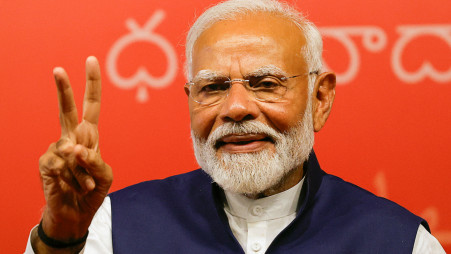
In a significant shift in India’s political landscape, Prime Minister Narendra Modi’s Bharatiya Janata Party (BJP) has lost its national majority after suffering major losses in key states. Despite being the single-largest party in the Lok Sabha, the BJP secured only 240 seats, falling short of the 272-seat majority needed to govern independently. This marks a departure from the clear majorities it achieved in the 2014 and 2019 elections.
The BJP-led National Democratic Alliance (NDA) won 283 seats, just above the majority mark, indicating that Modi will need to rely on coalition partners to form the next government. The opposition INDIA alliance, led by the Congress party, gained 223 seats, a notable improvement over exit poll predictions.
In his first comments after the results, Modi declared victory for his NDA coalition and vowed to form the next government. However, analysts suggest the results raise questions about the BJP’s electoral strategy, particularly its reliance on fearmongering and its handling of economic issues such as inflation and unemployment.
The BJP’s campaign had set ambitious targets, aiming for 400 seats with its slogan “Abki baar, 400 paar” (This time, more than 400). This overconfidence may have contributed to their underperformance. The BJP saw significant losses in key states, including Uttar Pradesh and Maharashtra, where local opposition parties made substantial gains.
Despite setbacks, the BJP remains the largest party in parliament, but forming a government will require support from regional parties such as the Janata Dal-United (JD-U) and the Telugu Desam Party (TDP), which won 16 and 12 seats, respectively.
The election results reflect a broader discontent with the BJP’s governance, particularly among economically disadvantaged groups and minorities. Critics have accused the BJP of undermining democratic institutions and promoting divisive politics. The opposition’s focus on social justice and economic issues resonated with many voters.
The results also suggest a more challenging environment for the BJP in parliament, where coalition dynamics will play a crucial role. This could lead to more robust debates and potentially a shift away from the BJP’s previous approach of pushing through legislation without significant opposition.
Overall, while the BJP and its allies are poised to form the next government, the election marks a significant shift in Indian politics, with the opposition gaining ground and coalition politics becoming increasingly important.

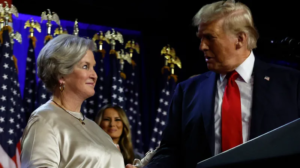
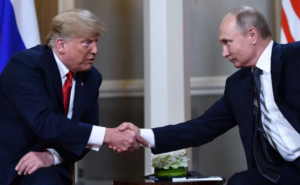
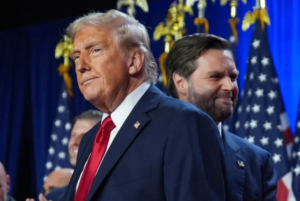

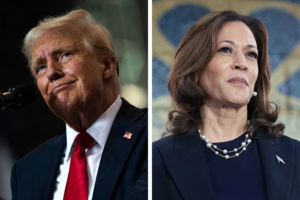
Be First to Comment